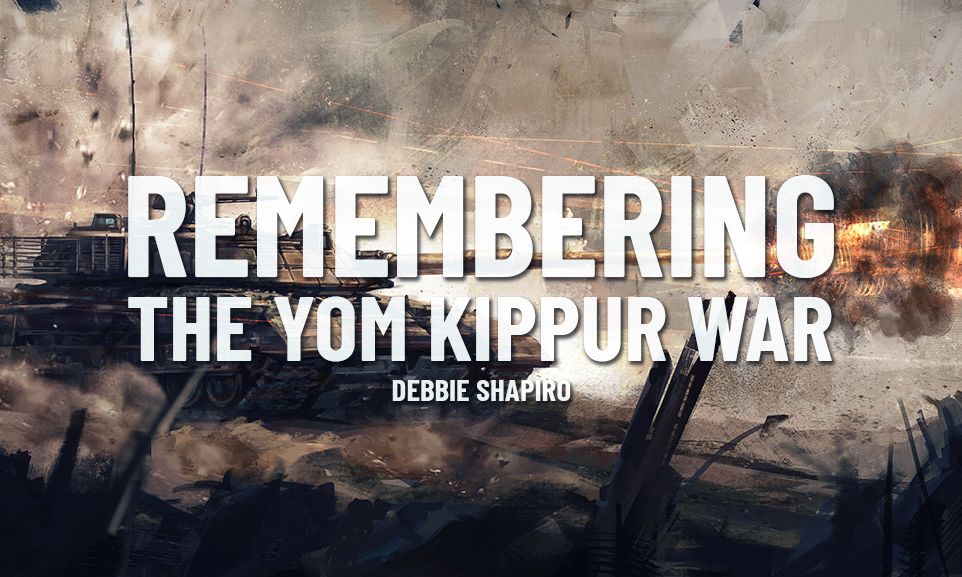
Remembering the Yom Kippur War, Part 1
Here is a three-part series of personal stories by those who lived in Israel during those days. Stories of emuna, bitachon, and wonderful achdut (brotherhood).

This is a three-part series of personal stories by those who witnessed the Yom Kippur War (October 6, 1973)
When I heard the siren, I desperately wanted to believe that it was just a figment of my imagination. I knew what it meant, but I could not believe it was true.
Personal Memories
I still shudder when I remember the men, – many of them still dressed in their pure white kittels – rushing through the streets to join their units. Their wives were running after them, carrying sandwiches and thermoses of hot coffee. The Rav had instructed all men who served in the reserves to break their fast and travel immediately to their bases, while the women were told to hurry home to prepare food, so that their husbands would have the strength to fight. Meanwhile, dark green army jeeps raced through the streets, taking the men straight from shul (synagogue) to the front lines. Many of them never returned.
It was my third Yom Kippur in Eretz Yisroel. Weak from the fast, I had gone to rest in the apartment that I shared with four other girls. Before the siren, I heard sonic booms made by a low flying airplane and it had occurred to me that it was strange for a plane to fly over Yerushalayim – and even more strange that it would fly on Yom Kippur. But since the radio stations were closed in honor of the holy day, the Army had sent the plane to warn the nation that there was something out of the ordinary going on.
When I heard the siren, I desperately wanted to believe that it was just a figment of my imagination. I knew what it meant, but I could not believe it was true. So I ran to my upstairs neighbor and asked her if she, too, could hear the wailing, piercing sound coming from the street. She informed me that the country was at war.
“What am I supposed to do?” I asked. I could feel the adrenaline surging through my body.
Since there was no bomb shelter nearby, she told me to return to my apartment, which was in the building’s basement, and wait for the all-clear signal.
Interviews
I was not the only one caught unaware. Tzippa Friedman recalls that, “The siren came as a complete surprise. I heard a strange sound outside, and although I had heard air raid sirens during the Six Day War and knew what they sounded like, I could not believe that this was the real thing. When I went outside, I saw my neighbors running to the shelter and someone yelled that there was a war going on.
“I ran with my baby to the nearest shelter – which was locked. Rav Yisrael Yaakov Fisher was also there, and I tried to stay as close to him as possible, since he was our Rav. Rav Fisher said that we should not break open the lock, since the fighting was in Egypt and it would take some time before it would reach Jerusalem. Eventually, I returned home with my baby. I heard that someone opened the shelter and converted it into a makeshift shul.”
Mothers needed supernatural strength to herd their small children into the shelters. Mrs. Tova Perush, who had recently moved to Yerushalayim from the United States, recalls that she had an infection in her foot and was barely able to hobble around the house. “But when I heard the siren, I jumped out of bed and rushed to the nearest shelter with my children. I was so scared that I did not even feel the excruciating pain in my foot.”
Malka Frumer* was living in Lod. In addition to her own four small children, she was babysitting her sister-in-law’s two toddlers. “When I heard the siren,” she recalls, “I had no idea what I should – or could – do. One of my neighbors yelled at me to hurry into the shelter, but I replied that I did not know which of the six children to take with me. Should I grab my two nieces and leave my own four children? Or should I take my own and leave my nieces behind? In the end, I remained at home until my husband arrived to help me.
“That night, we barely had time to break the fast. We quickly had to turn off all the lights because of the blackout, and then, just as we sat down to eat, soldiers knocked on our door and took my husband into the army.”
Mrs. Rochel Haker was in shul when the siren went off. “I raced home. We lived on the top floor, so I took my five children and went down to the neighbor who lived on the ground floor. She gave my children candy to keep them calm. Before going downstairs, I grabbed some porridge to feed my infant. We had no idea what was going on or how long we would have to remain in the shelter. I remember being very worried that I wouldn’t have enough food for the children.”
Mrs. Suri Feldman* was resting in her bedroom when the sirens went off. When her younger brother heard the siren, he dashed into his sister’s apartment and, in a state of panic, grabbed the first thing he saw – Bruchie, his infant niece – before racing to the large and well built shelter situated in a nearby yeshiva. Suri, however, had no idea where her baby had disappeared to, and started racing from one shelter to the next, desperately searching for her missing child. “I was petrified,” recalls Suri. “The eerie sound of the siren intensified my fear. I could care less about the war. All I wanted to know was what had happened to my baby.”
Mr. Arnie Beller*, now retired, owned a butcher shop in one of the outlying areas of Jerusalem. “We were at home, resting during the break, when the siren went off. Soldiers knocked on my door and with my limited Hebrew, I understood that there was a war going on between Syria and Egypt. ‘What do you want from me?’ I asked, confused. ‘Let them kill each other without me.’
“The soldiers, however, did not want me. They wanted my shop’s delivery truck and ordered me to drive it to an army base not far from the Jordanian border. I asked the Rav what I was supposed to do in such a situation and he replied, ‘Fuhr gezunta heit,’ ‘drive in good health.’ In the end, my truck was enlisted for the entire year.”
How did Mr. Beller manage to run his business without a delivery truck? “It was war time, so everyone understood. People were grateful that my truck was in the army, and not me. We often had to use taxis to make our deliveries, or carried the order by hand. We managed, somehow. What else could we do?”
Although some people heard the siren, others only knew that something unusual was going on when they heard noise outside. “I had gone home to sleep for an hour or two,” recalls Leah Rabi. “All of a sudden I heard lots of vehicles driving around outside my window. I could hear people yelling, doors slamming and cars honking. I was terribly upset. Our upstairs neighbors were not religious, and I assumed that their children had come to visit. I was furious that they had the audacity to come on Yom Kippur. So I put the pillow on top of my head and tried to go back to sleep. Two hours later, I woke up and went back to shul. I was flabbergasted to discover the country was at war.”
Penina Bloch* was recently married and living in the newly built neighborhood of Sanhedria Murchevet. “Most of the families were American immigrants,” she recalls, “and they had no idea what the siren meant. So they just continued to calmly do whatever they had been doing before. Later, I saw soldiers come to schul and take many of the men, but I still did not understand the significance. Yes, I realized that there was fighting going on somewhere, but I was so naive that I didn’t even give it a second thought.”
Mrs. Shoshana Lafair was also living in Sanhedria Murchevet. “We already knew that something was going on, so when we heard the siren, it wasn’t a total surprise. We had heard sonic booms earlier and that was definitely out of the ordinary. One of our neighbors had just walked back from the old Shaarei Tzedek hospital after his wife had given birth, and he reported that the main streets were crawling with army vehicles.
“I was just about to serve my children their meal – a kugel – when we heard the siren. On my way down to the shelter, which was inside the building, my eight-year-old daughter reminded me that I should take the kugel with me so that they would have something to eat.
“We were extremely nervous,” continues Mrs. Lafair, “When we heard a booming noise, one of the neighbors commented that that must be the sound of the bombs falling at the front. But it turned out that it was just one of the kids banging on the handrail in the stairwell.”
“During the first few hours after the siren,” recalls Chani Baum*, “we heard all sorts of strange rumors and had no idea if they were true. On Yom Kippur afternoon, for example, soldiers came and instructed us to fill our bathtubs with water, since, they explained, the water supply would soon be cut off. We had no idea that that was nonsense.”
Hindy Stein* lives in a Moshav in the Negev. For some reason the siren was not sounded there on Yom Kippur, so she remained blissfully unaware that there was war going on until she came to spend Sukkot with her in-laws in Jerusalem. “When the siren went off on the first day of Yom Tov,” recalls Hindy, “I became hysterical and ran as fast as I could into to bomb shelter. Everyone else, however, remained calm. I still remember my husband carefully choosing which seforim (books) he would bring with him to study in the shelter, while I screamed and told him to run quickly for his life. I guess he just had more bitachon (trust in God) than I did.”
There were some precious Yerushalmi Jews who were the personification of bitachon. “My neighbor refused to leave his sukkah when the alert was sounded on the first day of Yom Tov,” recalls Tzipa Friedman. “He told us that the mitzva of sitting in the sukkah is the best protection. We admired him, but we still went into the shelter.”
Piercing the Heavens
Personal Memories
As soon as I heard the all-clear siren, I rushed back to shul (which was also the nearest bomb shelter), making sure to remain close to the buildings so that I could quickly find shelter if necessary. That was when I saw that the streets crowded with men rushing into the waiting jeeps, heading off towards only Hashem knew where.
Rushing through the streets on my way to shul, I heard the siren go off again. This time I found shelter in the basement of the Mother and Baby Convalescent Home that was then located in Bayit Vegan, together with a group of mothers and their newborns. Everyone was confused. The government had promised us that we were invincible. No one would dare to attack us; it would be suicidal.
Sitting in the shelter, I recalled the enormous Independence Day parade that had taken place just a few months before. Hundreds of tanks and artillery had snaked through the streets of Jerusalem while dozens of airplanes had flown overhead in fancy formation. It was a blatant show of military might. The rabbis had warned the public to stay away, cautioning that it was dangerous to claim that it was kochi v’otzem yadi (our might, rather than the Hand of Hashem), the might of the Israeli Armed Forced that had brought about the miraculous victory of the Six Day War. Just a few months later, many of these same tanks were rusty and unable to enter the battlefield. Everyone – religious and not-yet-religious – realized that we could only be saved by a miracle. This was the beginning of the Israeli baal teshuva movement.
That Yom Kippur I prayed as I have never prayed before. It was obvious that we were being judged, and prayed as though our lives, and the lives of the soldiers, depended on it – which it did.
Everyone interviewed recalls the heartfelt prayers of that Yom Kippur. The words of “Avinu Malkeinu” (Our Father, our King) came alive. “Avinu Malkeinu, annul the evil decree!” “Avinu Malkeinu, annul the designs of those who hate us!” We felt as though a sword was at our neck (which it was), and we were pleading with Hashem to save us and grant us life. Accompanied by the ululating, high-pitched siren, we were only too aware of how critical our prayers really were.
Interviews
“Throughout the war,” recalls Naomi Siegel*, “we davened with an intensity that I have never been able to recreate, although believe me, I have tried. At the time, I lived not far from Kol Torah Yeshiva. Every morning, all the bachurim recited Tehillim and I would sit on my balcony to join them. In the afternoon, one of the neighboring families recited Tehillim in their sukkah, and, of course, I joined them from my own balcony. The father of the family would recite a verse, and the children would tearfully repeat it after him. Listening to those sweet children crying out to Hashem like that, I had no doubt that we would win the war.”
“We davened mincha in the enormous shelter located under the old Belz Beis Medrash in Zichron Moshe,” recalls Rochel Heller. “Rav Yisroel Yaakov Fisher z”l was there. The prayers was incredible. We felt that the danger was literally at our doorsteps, and we prayed with a full heart.”
Life Behind the Lines
Personal Memories
A blackout was put into effect for the first weeks of the war. We used black contact paper to cover our windows and only dark blue lights were allowed inside the sukkah. Volunteers stationed at many of the intersections plastered the cars’ headlights with black paint, and we used tiny pen flashlights to maneuver our way through the pitch-black streets. I was amazed at how brilliant the stars appeared in the inky black darkness.
Interviews
“That Sukkot was sad,” recalls Rochel Heller. “There was still a war going on, and we were frightened. It was a strange feeling.”
“On the third day of the war,” recalls Naomi Siegel, “one of my neighbors asked me if I would be able to deliver the mail. The mailman had been called up to the front, and there was no one to take over for him. A friend’s brother volunteered to help bake bread in the bakery while a neighbor’s son unloaded the milk at the neighborhood grocery store. People found ways to help.”
“The city became a ghost time in terms of men between the ages of eighteen and fifty,” remembers Leah Rabi. “Everyone had gone away to fight. That week I went into town to pick up a watch that I had given in to be fixed, but it was not ready because the watch repairman had been called up into the reserves. But at the time I was newly married and new to the country and therefore unaware of the seriousness of the situation.
“I was working in a publishing house,” continues Leah. “Most of the men weren’t around and we were terribly short staffed. Somehow, however, we managed. Everyone had to do something in addition to their regular duties. One of the workers cut short his vacation abroad. ‘I can’t remain on vacation while my country is at war,’ he explained.”
“I attended a wedding just a few days after Simchat Torah,” recalls Peshi Stein*. “Despite the blackout and lack of public transportation, everyone made a special effort to be there and put everything they had into making sure that the wedding would be especially joyful. We felt responsible to make sure that life would continue; that there would be some semblance of normalcy on the home front.”
Mimi Friedland* was a nursing student in Shaarei Tzedek when the war broke out. “As soon I heard the news on motzaei Yom Kippur, I rushed back to the hospital; I knew that I would be needed. Throughout the war, we worked twelve-hour shifts. As a young religious girl, I did not want to work directly with the soldiers, so I ended up working in the geriatric ward. It was very difficult.”
Another nursing student remembers that “the delivery rooms were closed and all but the most serious patients were sent home. We spent the first hours of the war changing the linens on dozens of beds so they would be ready to receive the wounded soldiers that we expected to arrive momentarily.”
When Dr. Yoel Lafair showed up to work in Hadassah Hospital the day after Yom Kippur, he discovered that hospital was almost empty. “They had told all the patients to leave, so that there would be room for the wounded soldiers they were expecting to arrive momentarily. But in the end, we had nothing to do during the first few days of the war. We realized that the situation was desperate, since there were no wounded.”
The first few weeks of the war were, to put it mildly, horrible,” says Shuli Moor*. “We knew that a lot of people – our neighbors, brothers, friends -were in danger of being killed, and many of them were. The men were in the reserves for months at a time, and the conditions were horrendous. They were stranded, alone, guarding territory that was recaptured. Many were sent to guard the Egyptian Third Army.”
“Everyone on the ‘home front’ felt an intense need to do something,” recalls Naomi Siegel. “We were searching for ways to show the soldiers on the front that we cared; we wanted to make their lives just a bit easier. I remember waiting for hours to donate blood. Later, we found out that much of the donated blood was given to the International Red Cross to treat injured Egyptian soldiers. We were furious.”
The standard of living in Israel was very different. Women were frugally unraveling their old sweaters to make scarves for the soldiers on the front, while others were using “Wonder Pots” to bake homemade cakes, which was quite a feat considering that there were no eggs to be had. “The army set up a small missile base right behind our home,” says Mimi Zuckerman”. “I spent much of my time in the kitchen baking, while my husband and children went to the base to serve the soldiers hot coffee and fresh cake.”
“My mother used to make several care packages each week to send to the soldiers,” recalls Penina Bloch. “She baked cakes, bought nosh. Someone in the neighborhood was collecting these packages and then distributed them to the bases.”
“I will never forget the wonderful feeling of achdut (brotherhood) during that time,” recalls Naomi Siegel. “We felt deeply connected to every other Jew, after all, we were all in this together. The soldiers were our brothers and we wanted to help them.”
One of the people interviewed noted that when he turned on the radio after Yom Kippur, the first song played was “Kol Yisroel erevim zeh l’zeh” “All Jews are responsible for with each other.”
“It’s just too bad,” he continued, “that it took such an awful war to make us realize the truth of those words.”
*A pseudonym


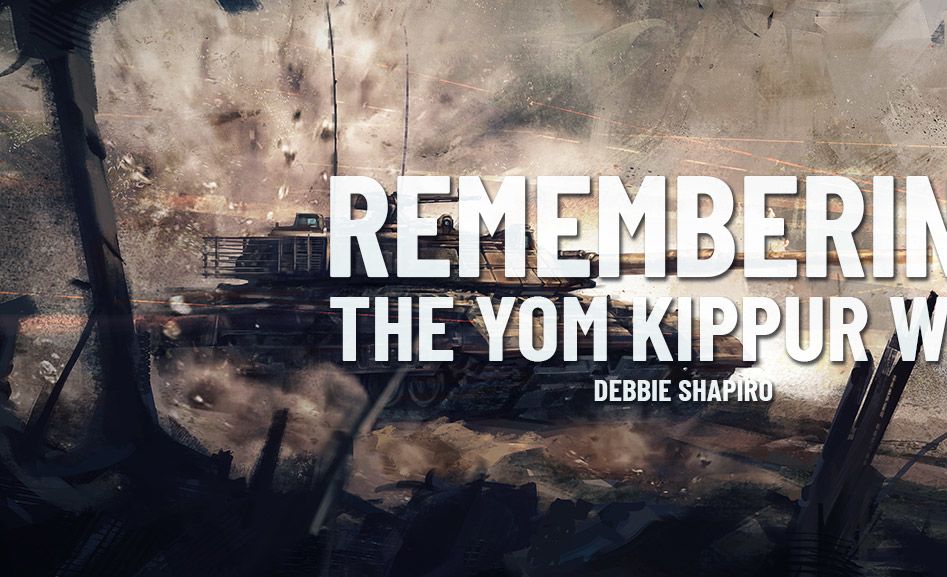
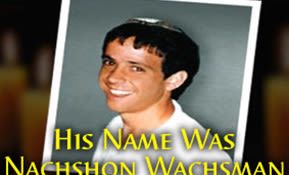




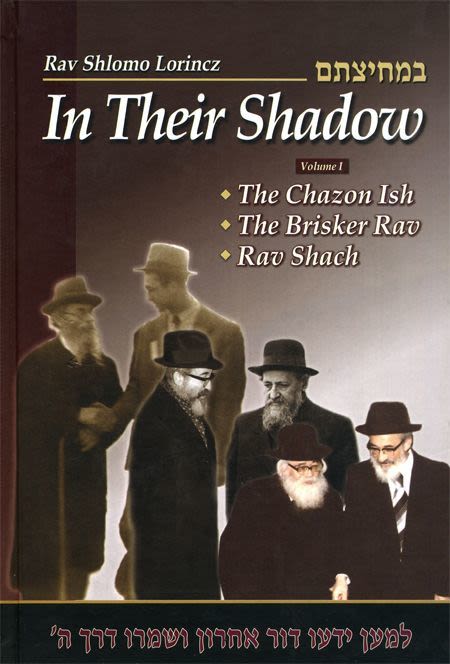
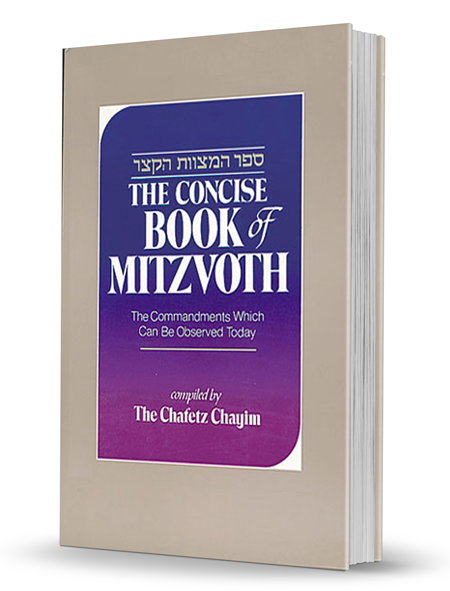
Tell us what you think!
Thank you for your comment!
It will be published after approval by the Editor.